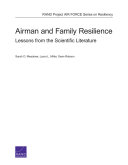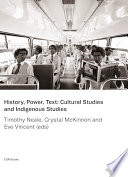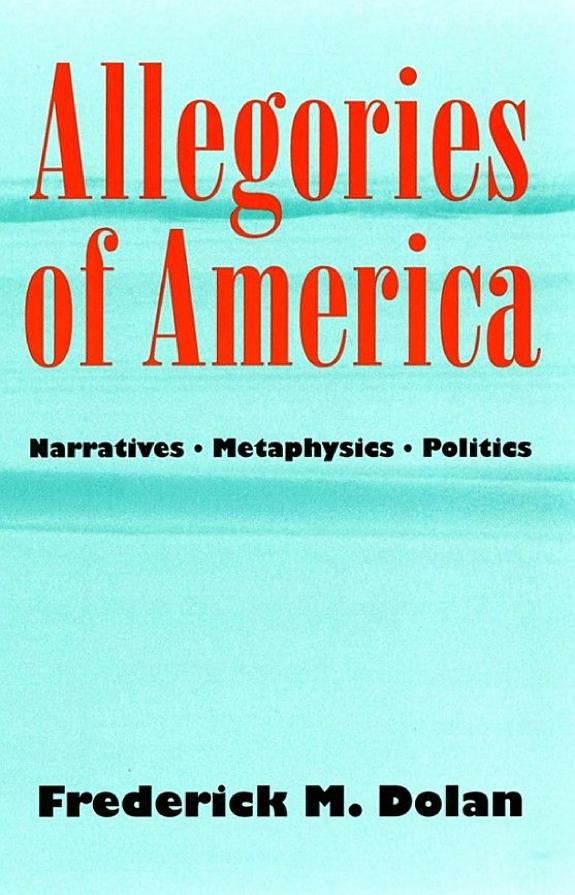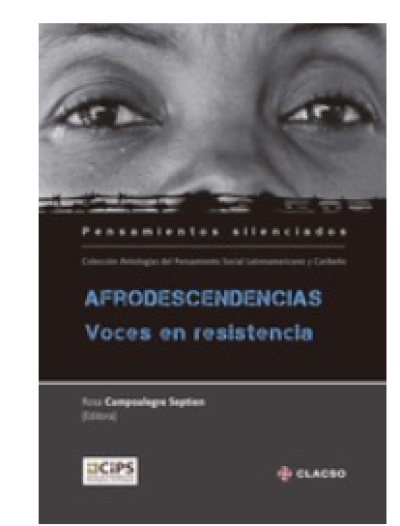Author
Jacques, Scott
Year
2019
Publisher
UCL Press
Type
BOOK
Category
Social Science
Language
English
Pages
184
ISBN
978-1-78735-588-0
Last Update
09-Sep-2024
Keywords
SOCIAL SCIENCE / Criminology;LAW / Drugs & the Law;SOCIAL SCIENCE / Anthropology / Cultural;SOCIAL SCIENCE / Sociology / General
Related
See More
Airman and Family Resilience, Lessons from the Scientific Literature, Lessons from the Scientific Literature

History, Power, Text

Brokers and boundaries

Allegories of America, Narratives; Metaphysics; Politics, Narratives; Metaphysics; Politics

Hanghaus 2 in Ephesos Die Wohneinheit 6

Afrodescendencias, voces en resistencia, voces en resistencia